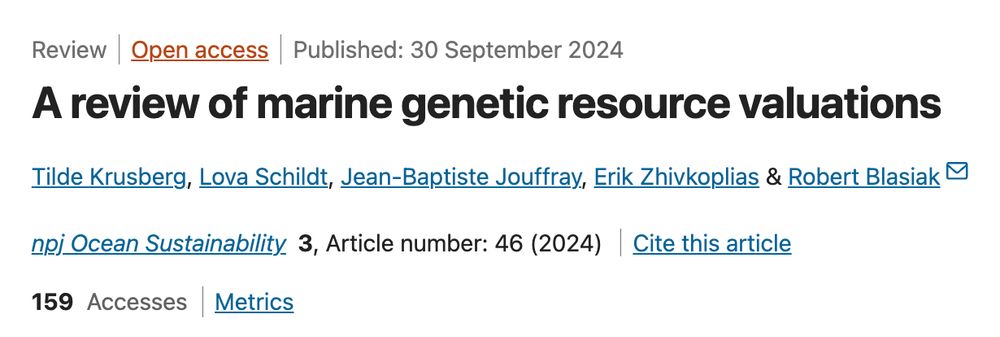- Poor ventilation raises cancer risks, often exceeding WHO limits
- Kids face 1.85x higher cancer risk than adults
- High-efficiency vent hoods cut benzene exposure
bit.ly/43uiwIh
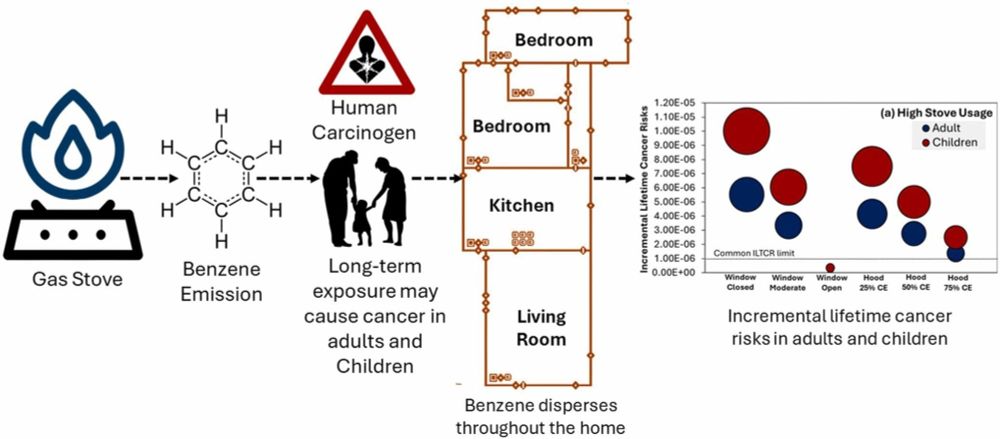
- Poor ventilation raises cancer risks, often exceeding WHO limits
- Kids face 1.85x higher cancer risk than adults
- High-efficiency vent hoods cut benzene exposure
bit.ly/43uiwIh
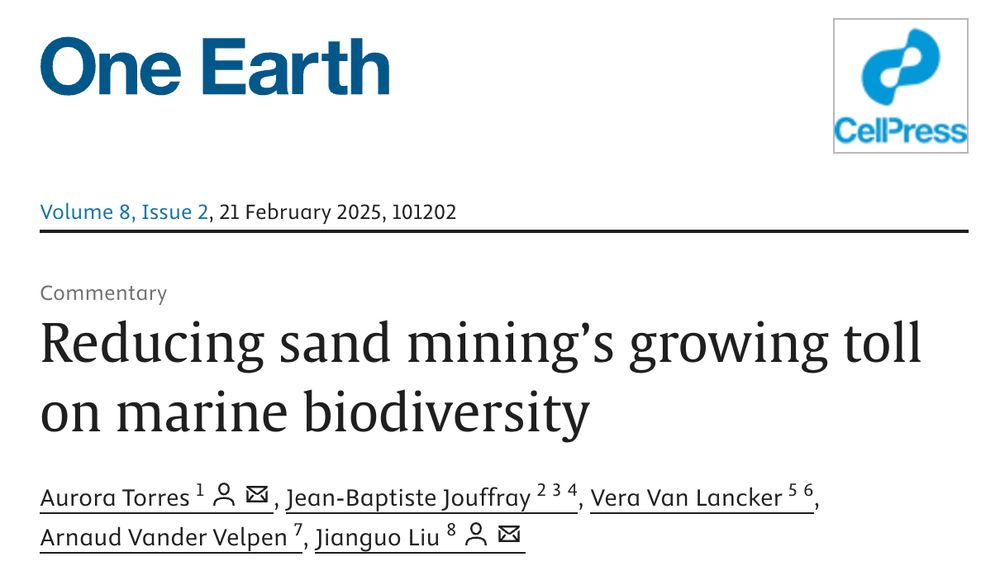
Read the study: bit.ly/4i6101c
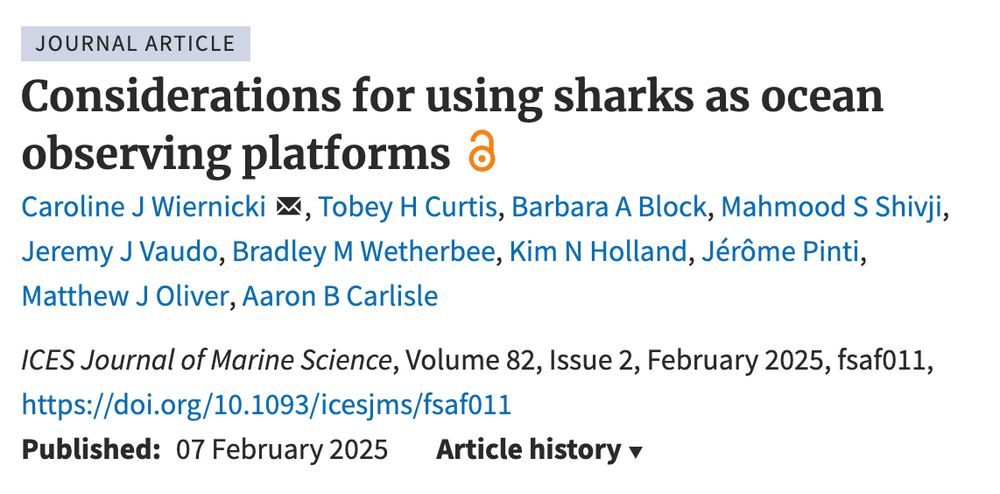
Read the study: bit.ly/4i6101c
go.nature.com/4b3PCAE
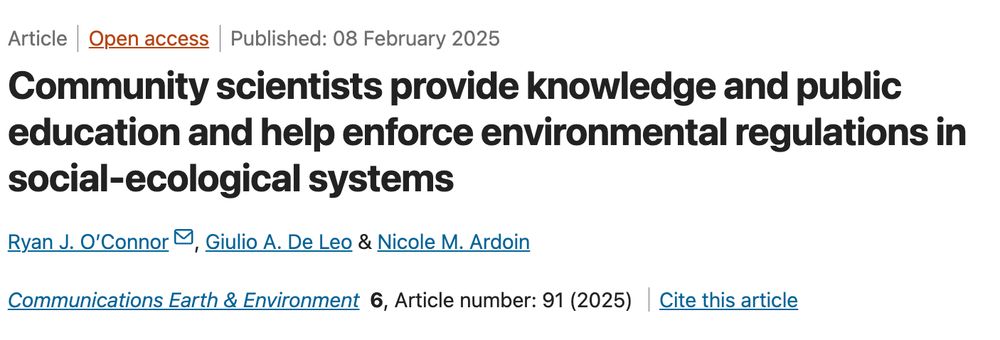
go.nature.com/4b3PCAE


bit.ly/40KGPQx
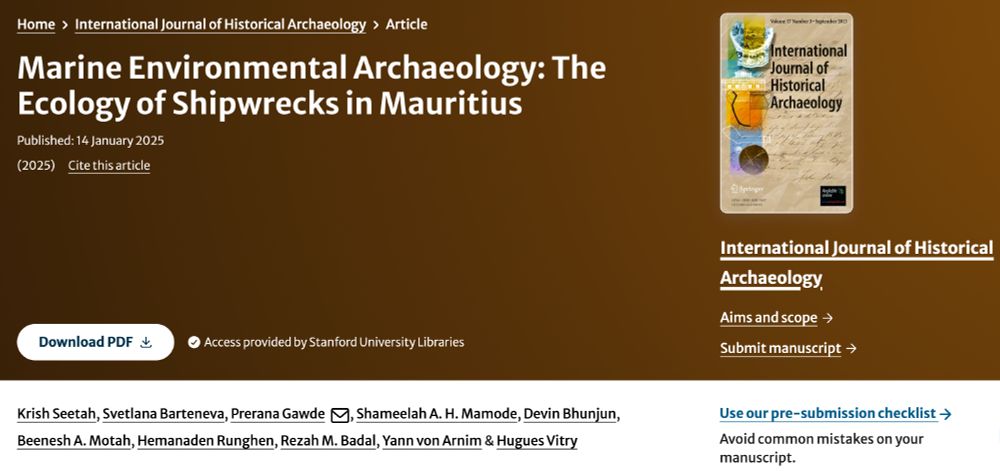
bit.ly/40KGPQx
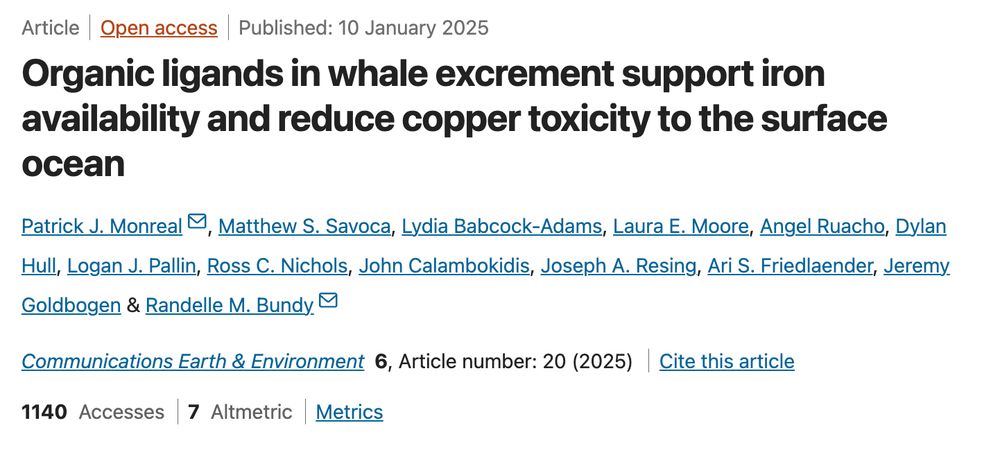
Read more: go.nature.com/3B14FND
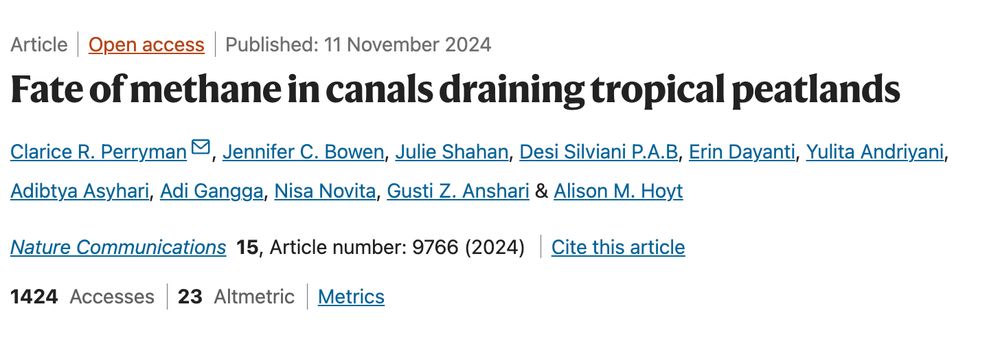
Read more: go.nature.com/3B14FND
Read the study: bit.ly/3CssRch
Read our story: stanford.io/4fKfXEQ
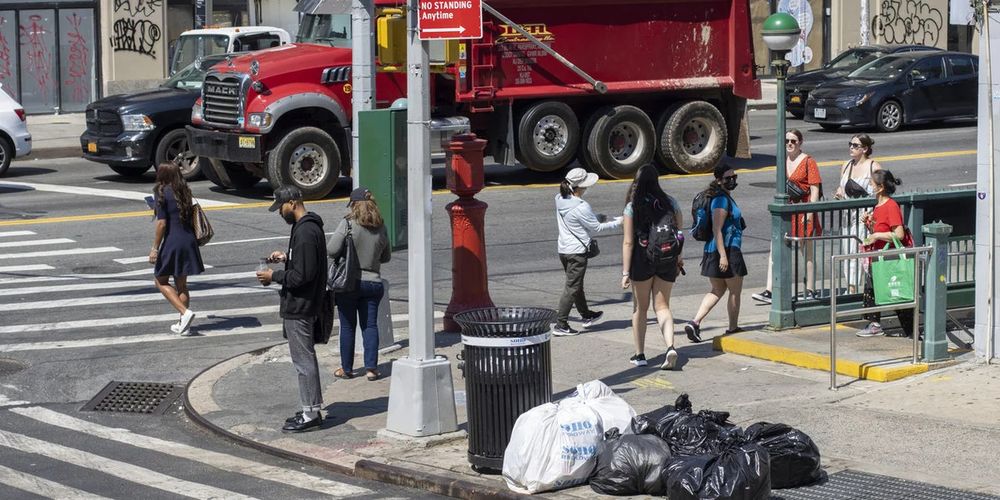
Read the study: bit.ly/3CssRch
Read our story: stanford.io/4fKfXEQ
@stanfordwoods.bsky.social NatCap Program approach found that utility, real estate, materials, and finance companies are the most harmful to ecosystem services and biodiversity: go.nature.com/3NTHyrm
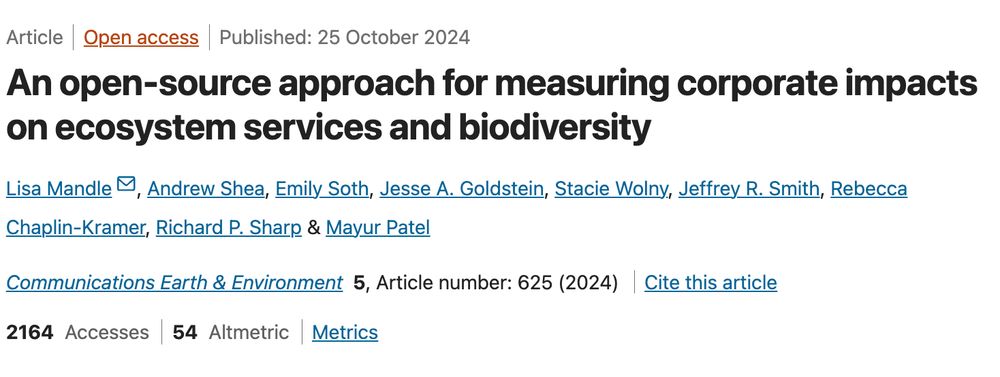
@stanfordwoods.bsky.social NatCap Program approach found that utility, real estate, materials, and finance companies are the most harmful to ecosystem services and biodiversity: go.nature.com/3NTHyrm
www.nature.com/articles/s41...
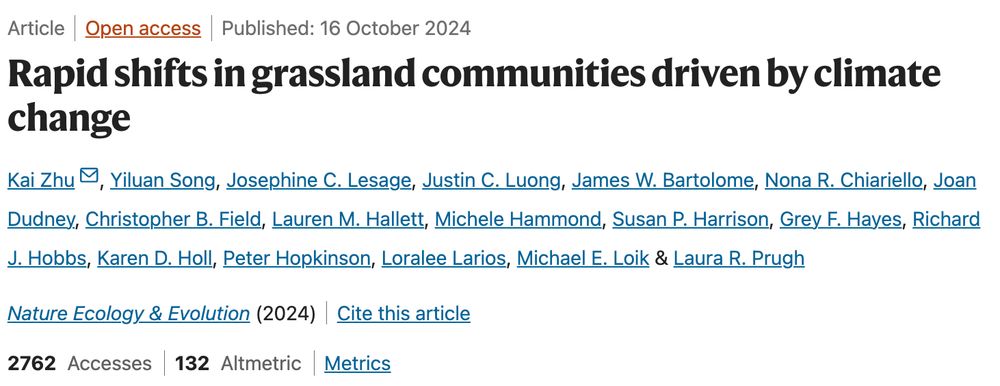
www.nature.com/articles/s41...
Read the study: go.nature.com/4dyAvi0
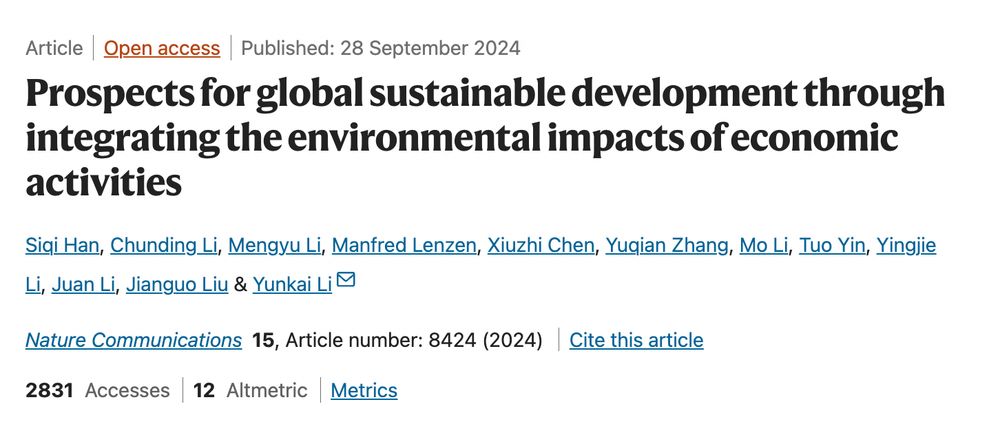
Read the study: go.nature.com/4dyAvi0
